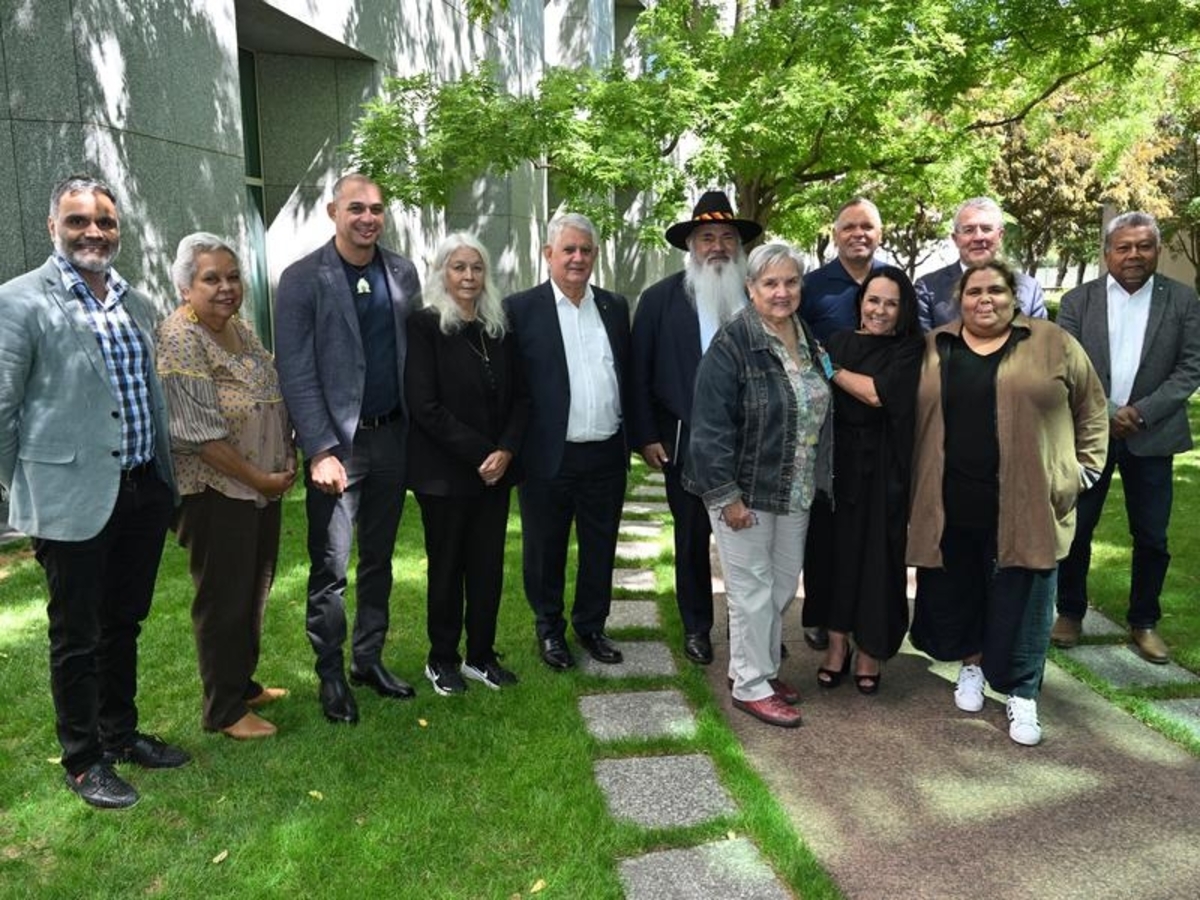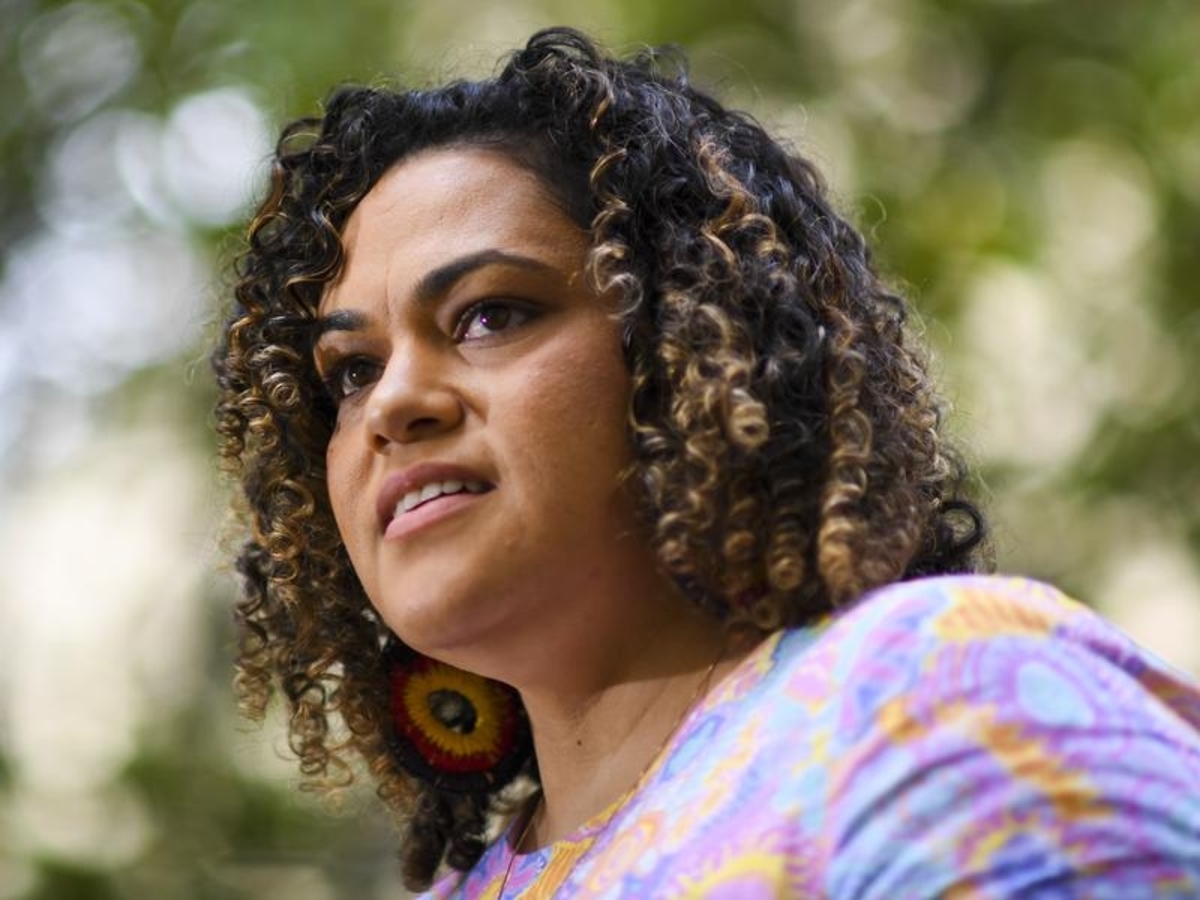
Australians will know the question they will vote on in a referendum to enshrine an Indigenous voice to parliament by the end of the month.
The working group on the plebiscite has confirmed legislation setting up the possible constitutional change will be introduced to parliament during the last two sitting weeks in March.
It will contain the wording of the question that is expected to be put to the public between October and November.
Further talks are set to take place next week before the bill's introduction, which will be followed by a parliamentary inquiry.
"The working group noted that this would provide Australians, including First Nations people, with the opportunity to make formal submissions," according to a communique issued on Thursday.
The group also held talks with Greens leader Adam Bandt and the party's newly appointed Indigenous spokeswoman Dorinda Cox.
Advocates want to boost Indigenous enrolment rates before the national vote.
Among the proposed changes are allowing people to be able to register to vote on the day, rather than the rolls being closed off weeks before.
GetUp chief executive Larissa Baldwin-Roberts said the suggested amendments would undo years of suppression and ensure thousands of Indigenous people could cast votes.

"We saw how similar reforms in the Northern Territory elections increased voter turnout," she said.
The Greens have called for similar reforms, along with options to allow more remote polling and make voting by phone a possibility, similar to what took place at the last federal election.
The Indigenous enrolment rate was sitting at 84.5 per cent in December, up 2.6 per cent since June.
However, there were still 87,000 voting-age Indigenous people not enrolled.
By comparison, 97.2 per cent of the total Australian population is enrolled to vote.
Liberal frontbencher Simon Birmingham said on Thursday the opposition was looking for certainty about what the voice would look like.
"I hope we can see a proposal put forward that ensures what Australians are voting on delivers on constitutional recognition but is constitutionally as conservative as possible to give it the greatest chance of success," he told reporters in Canberra.
"I hope the working group, I hope the government, are pursuing an approach that can give people maximum confidence by having a model that is as careful and conservative in its wording as possible."
Labor is in negotiations with other parties and crossbenchers on how information will be provided to the public and the treatment of donations.







